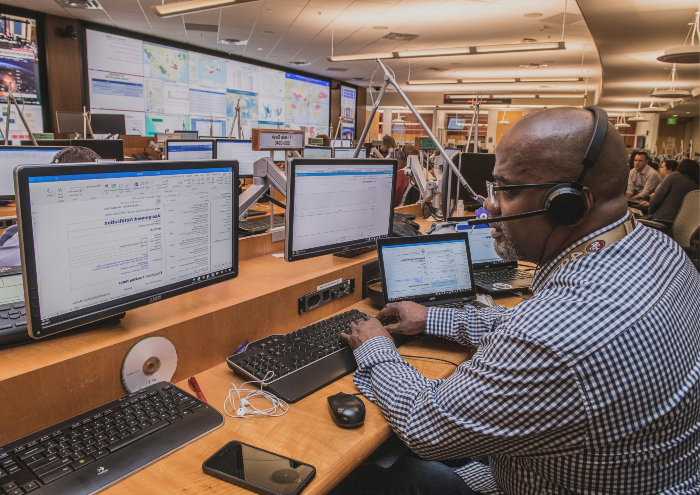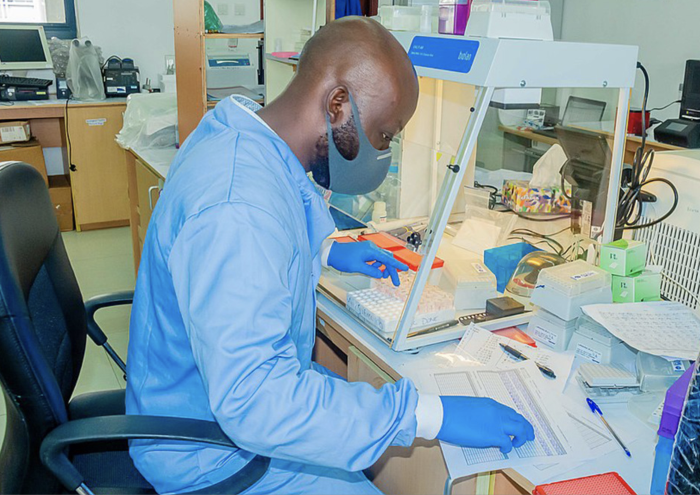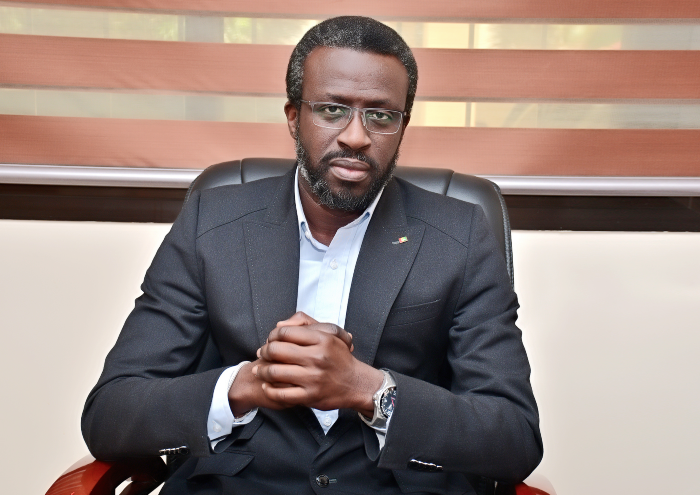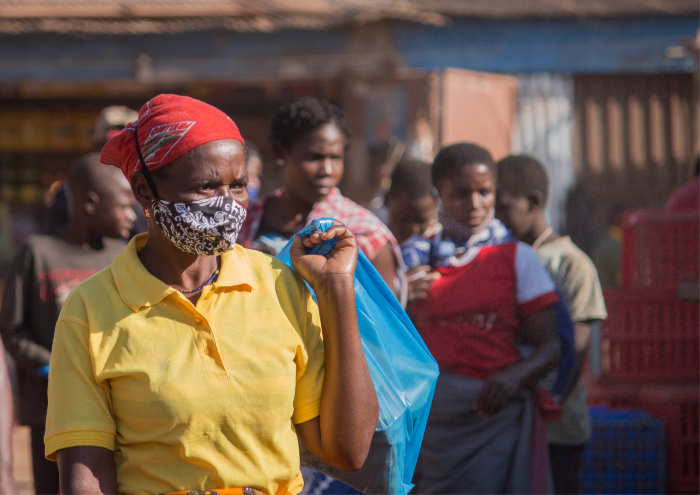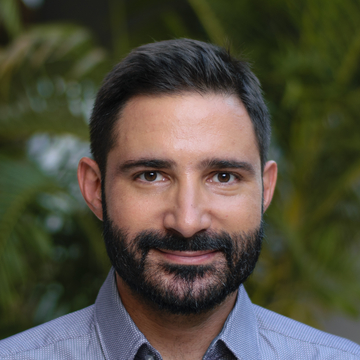Dalberg uses cookies and related technologies to improve the way the site functions. A cookie is a text file that is stored on your device. We use these text files for functionality such as to analyze our traffic or to personalize content. You can easily control how we use cookies on your device by adjusting the settings below, and you may also change those settings at any time by visiting our privacy policy page.
Determining which communities are most vulnerable to Covid-19. Dispatching supplies, and calibrating support based on level of need. Deciding where the virus might flare up next, and shifting restrictions to protect the most vulnerable.
In an unprecedented time of health crisis, these are a selection of the roles that Public Health Emergency Operations Centers across West Africa play in mitigating the most serious effects of disease, and stopping the spread of transmission. And today’s Covid-19 scenario is not the first virus, and unfortunately, not the last crisis. Institutions are needed for the present day – and for other calamitous events that may sit on the horizon.
Through a grant awarded by the Rockefeller Foundation, Dalberg has worked across five West African countries — The Gambia, Guinea-Bissau, Mali, Mauritania, and Senegal — to increase sub-regional coordination for the prevention and detection of Covid-19 and future public health emergencies.
The focus of the collaboration has been on empowering in-country teams to develop their own systems and response mechanisms. Together with local government leaders and in-country crisis response workers, we aim to create solutions that meet each geography’s specific goals.
The opposite of a blanket approach, our context-specific efforts have helped countries to better identify risks and assess available resources, develop emergency procedures, and create training programs and organize simulation exercises.
Four lenses give shape to Dalberg’s PHEOC work across the West Africa region:
In these ways — and through myriad relationships, collaborative, country-specific projects and future-focused discussions — we are working to put African leadership at the center of crisis response. In doing so, we are together minimizing not only the impacts of Covid, but the outcomes of the events that an uncertain future may hold.
Through this work — and our more than a decade of experience working on emergency operations centers across Africa — we have come to believe that now is the time to bring forth the perspectives and experience of in-country leaders in crisis response. Now is the time for African leadership to take their seat at the head of emergency management in the region.

